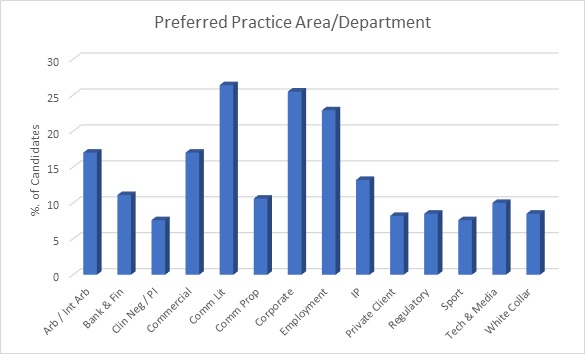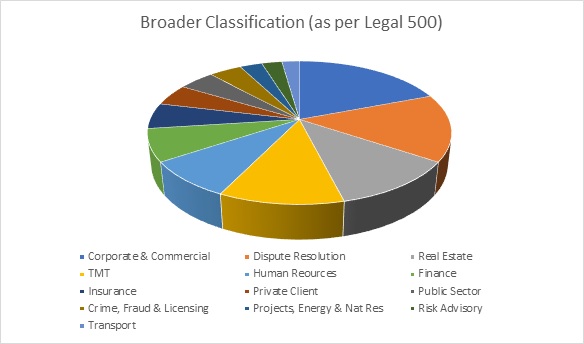
The purpose of most interviews is to establish two things. First, whether you have the skills, knowledge and experience for the role. Second, to find out if you are the right fit. What the interviewer is trying to establish is whether your values, outlook and ambitions match those of the firm and the people who work there. The question asked to determine this is usually along the lines of “What attracts you to this role?” or “Why do you want to work here?”
Candidates often don’t give this question due care and attention. It’s often asked at the start of the interview, and they give a somewhat perfunctory answer. Candidates wrongly treat this question as little more than a warm-up ahead of what they consider to be the meat of the interview, namely questions about their skills and experience. This is a big mistake.
Candidates need to think more deeply about why firms ask this sort of question. What interviewers are trying to ascertain is whether you are likely to be at the firm for the long haul. In some ways, you could say that they want to find out if the candidate’s ‘story’ (i.e. their values, future career and where they see themselves in the years ahead) aligns with the firm’s values and where it is headed. In other words, interviewers want to have a thorough understanding of what matters to the candidate, where they’ve been, and whether this role will get them to where they want to be?
The candidate’s ‘story’
The three main topics to discuss when answering this question are broadly:
- The services the firm offers and why this interests you.
- The firm’s culture, mission and philosophy and what appeals to you about them.
- The training and development they provide and why that is important to you.
Regurgitating what you have read or heard about the firm during your research is not enough. It’s how you relate what you have found out specifically to you, your interests and ambitions that matters.
You should be pleased to be able to answer this question early on as it will set the tone for the rest of the interview. Bear in mind that from the interviewer’s point of view, all the skills and experience in the world won’t make up for the fact that the candidate and firm are not on the same page. Firms recognise that skills can be learned and experience acquired, but fit either exists or it doesn’t.
It should go without saying (though I’ll mention it anyway) that giving the salary or benefits as an answer is an absolute no-no.
Relocation
How you answer the “why us” question is even more important if you would need to relocate to take the job. It may not be that important if you are moving to London from the regions – London has a huge ‘pull’ factor, salaries are high, and almost everybody knows somebody in the capital – but it’s vital if you’re moving from London to the regions or if the move involves a relocation overseas.
In these circumstances, the interviewer is trying to decide whether you are likely to reverse your move due to a failure to settle. Typical follow-up questions you can expect are whether you are originally from the area or went to university there and whether you have local friends, family or any other ties. You need to overcome any doubts in the interviewer’s mind that you intend staying for the long term and that they won’t be recruiting for the same role in a few months or a year or two down the line.
The firm’s ‘story’
Thinking about this question in terms of your ‘story’ can help you focus not just on whether you are right for the job, but also whether the job is right for you. It’s easy to forget that an interview is a two-way street. Candidates can become so desperate to get an offer that they fall into the trap of convincing themselves that the firm is a fit for them. They need to take a step back and use their questions to the interviewer to work out if they want to work there after all.







